Do Owls Eat Pigeons? : Uncovering the Truth
You can take a deep breath and keep it knowing when it comes to owls and their feeding patterns. Owls are interesting creatures, and knowing what they consume is necessary to appreciate these birds.
However, do owls eat pigeons? Yes, some species of owls do eat pigeons, such as the great horned owl or barn owl. However, other owl species may eat pigeons, too, as they’re an opportunistic hunter.
In the following sections, we will delve into the specifics of which owl species prey on pigeons, as well as other aspects of owl diet and hunting behavior. Keep reading to learn more about these fascinating birds and their unique dietary habits.
Owl Species that Prey on Pigeons
Several species of owls have been known to prey on pigeons. The most common of these include the Great Horned Owl, the Snowy Owl, and the Barred Owl. These owls are all large and powerful birds that are well-suited to taking down larger prey, such as pigeons.
Great Horned Owls, in particular, are known for their strength and agility and have been observed hunting and killing adult pigeons.
Snowy Owls are known to prey on a wide variety of birds, including pigeons. And it has been observed hunting in urban areas where pigeons are common.
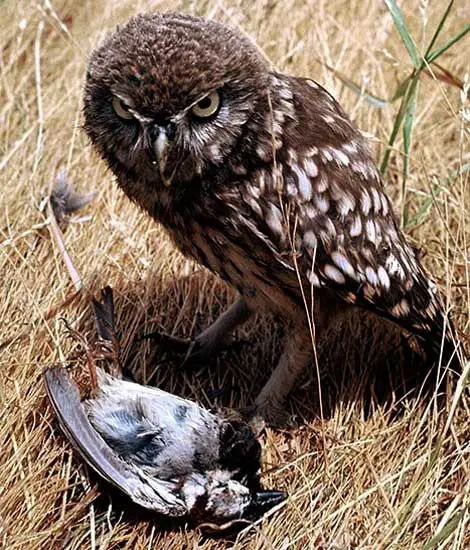
Barred Owls are also known to prey on pigeons and have been observed hunting both adult and juvenile birds.
Except for these owl species, other species may hunt and eat pigeons. Because owls are said to be the natural predators. So, it is pretty normal that it will hunt the smaller species if it is larger.
Last but not least, while certain owl species do prey on pigeons, this is not a common element of their diet. Owls are opportunistic hunters, meaning they will take whatever prey is accessible to them.
Do Owl Diets Permit Pigeon-Eating?
Due to their opportunistic hunting style, owls will pounce on whatever prey is most accessible to them. Their main sources of food are small animals like rats and rabbits.
Additionally, they can eat birds, including pigeons, starlings, and sparrows. Beetles, grasshoppers, and crickets are just a few examples of insects and other invertebrates they consume.
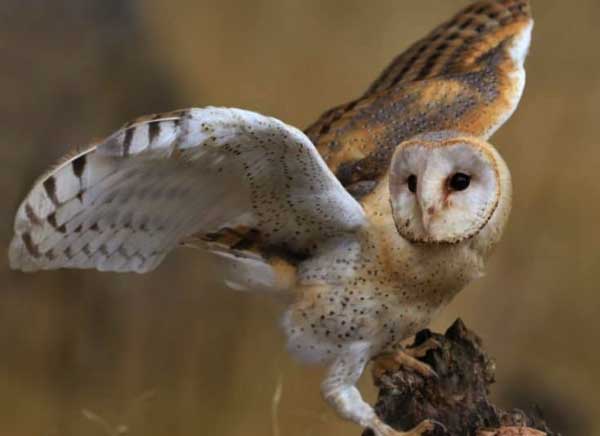
An owl’s particular diet will vary based on its species and the area it lives in. For example, an owl that lives in a heavily forested area will have a diet that is primarily made up of small mammals, while an owl that lives in a more open, grassland area will have a diet that is primarily made up of small birds.
All in all, it doesn’t matter to an owl whether it should consume a pigeon or not. But it is evidence that the pigeon is not a part of an owl’s regular diet.
Is Eating Pigeons Beneficial or Harmful for Owls?
It is generally not harmful to owls to eat pigeons, as they are a natural part of their diet. Owls are opportunistic predators and eat whatever prey is most readily available.
Pigeons are a common food source for some owl species, such as the Great Horned Owl, Snowy Owl, and Barred Owl. These owls have adaptations and hunting strategies that allow them to capture and consume pigeons as prey effectively. Pigeon meat is a good source of protein and also contains moderate amounts of iron, zinc, and Vitamin B12.
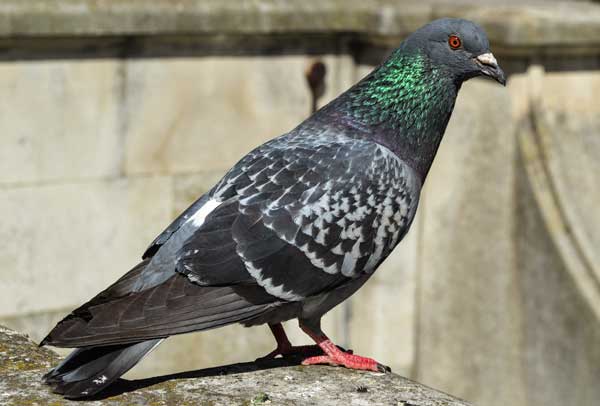
However, it is important to note that the availability of different prey can vary depending on the location and habitat. For example, in urban areas where pigeons are abundant, they may make up a larger portion of an owl’s diet. However, in more rural areas where small mammals are more common, pigeons may not be as important as a food source for owls.
It is also important to mention that hunting pigeons or any other bird species are not always beneficial as well. It could definitely lead to an imbalance in the ecosystem.
The Vulnerabilities of Pigeons: A Look at Owls as Their Predation in Urban Areas
Pigeons, also known as rock doves, are a common sight in urban areas. They are often considered pests due to their large populations and tend to congregate in large numbers.
However, these birds are also prey for a variety of predators, including owls. Unlike many other birds, pigeons do not have a natural defense mechanism to protect themselves from predators. Their only means of escape is their ability to fly, which can be their only defense against the owls on land such as opossums and raccoons.
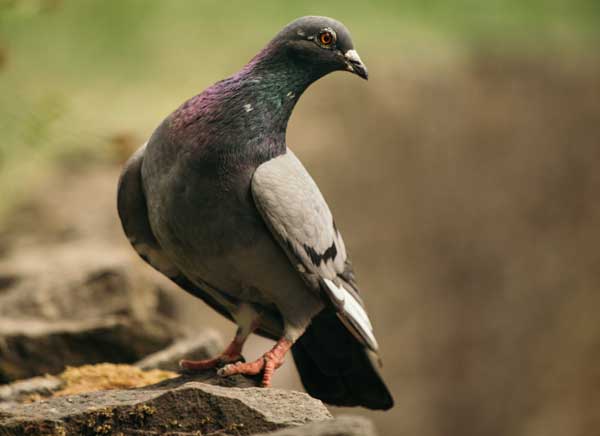
Pigeons are not equipped with any physical adaptations such as sharp talons or beaks or camouflage coloring that would help protect them from predators.
They also do not have any natural toxins or chemicals that would deter predators from attacking them. Instead, they rely on their strong and rapid flight to evade predators and escape danger.
In addition to their lack of physical adaptations, pigeons also tend to congregate in large numbers, which can make them an easy target for predators. This behavior increases the chances of a predator being able to capture multiple birds at once, making it an efficient hunting strategy for the owls.
If you’re interested in learning more about pigeon behavior and predation, you might find our articles on do rats eat pigeons and what does a baby pigeon look like helpful. Our article on do rats eat pigeons explores the feeding habits of rats and their interactions with pigeons. Meanwhile, our article on what does a baby pigeon look like provides insights into the physical characteristics of young pigeons. Check them out to deepen your understanding of pigeon behavior and biology.FAQs
If you still have some questions related to this argument, you may have a look at this section.
A: Yes, owls have a unique digestive system that allows them to quickly and efficiently digest their prey, including the feathers of a pigeon.
A: Owls are active at night and during the dawn and dusk hours when many of their preferred prey species are most active. However, some owl species, such as the Snowy Owl, have been known to hunt during the day in areas where prey is scarce.
A: Yes, owls can hear the sound of pigeons. Owls have a specialized inner ear structure that allows them to locate prey by sound.
Conclusion
Indeed, some species of owls, such as Great Horned Owls, Snowy Owls, and Barred Owls, have been known to include pigeons in their diet. However, this occurrence is relatively infrequent and insignificant in the grand scheme of their nutritional preferences.
Owls are consummate opportunistic hunters, possessing many hunting strategies and adaptations to acquire their sustenance. These avian predators are known for their stealth and efficiency in capturing their prey, and pigeons are no exception.

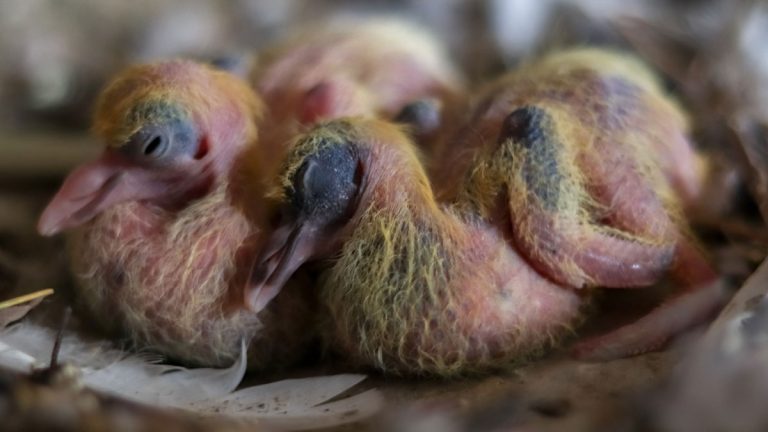
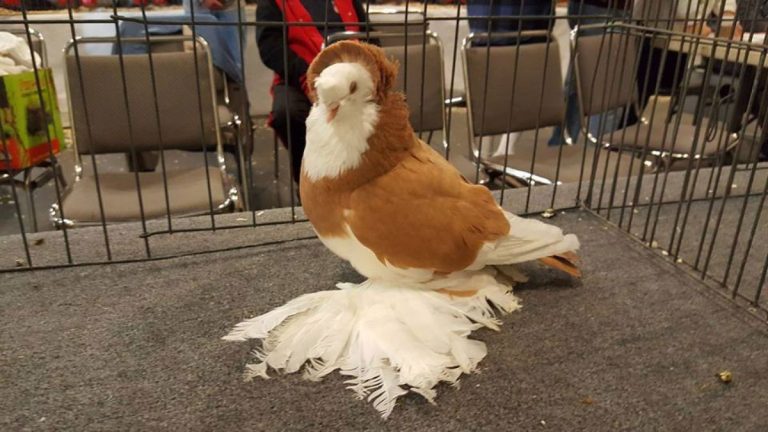
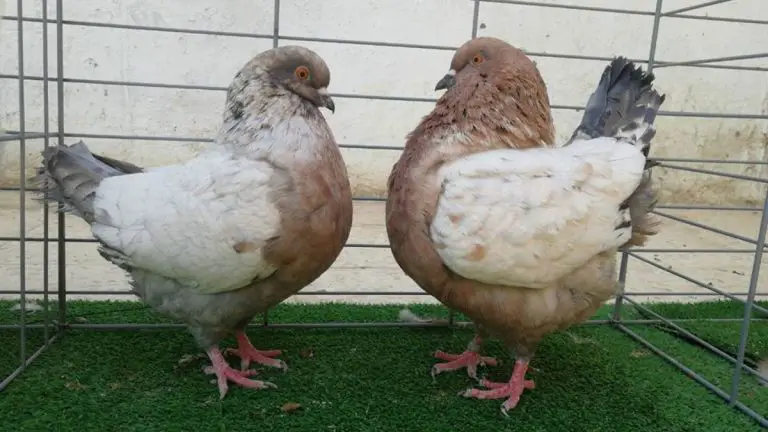
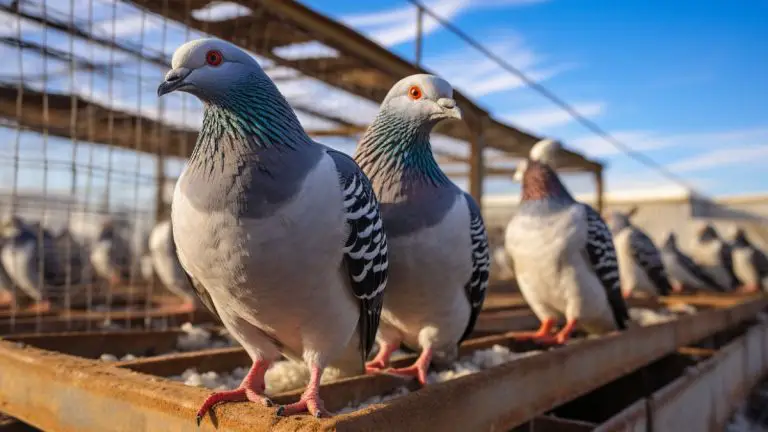
![Do Pigeons Eat Mice? [Everything You Need To Know]](https://avicultureblog.com/wp-content/uploads/2023/01/Do-Pigeons-Eat-Mice.jpg)
